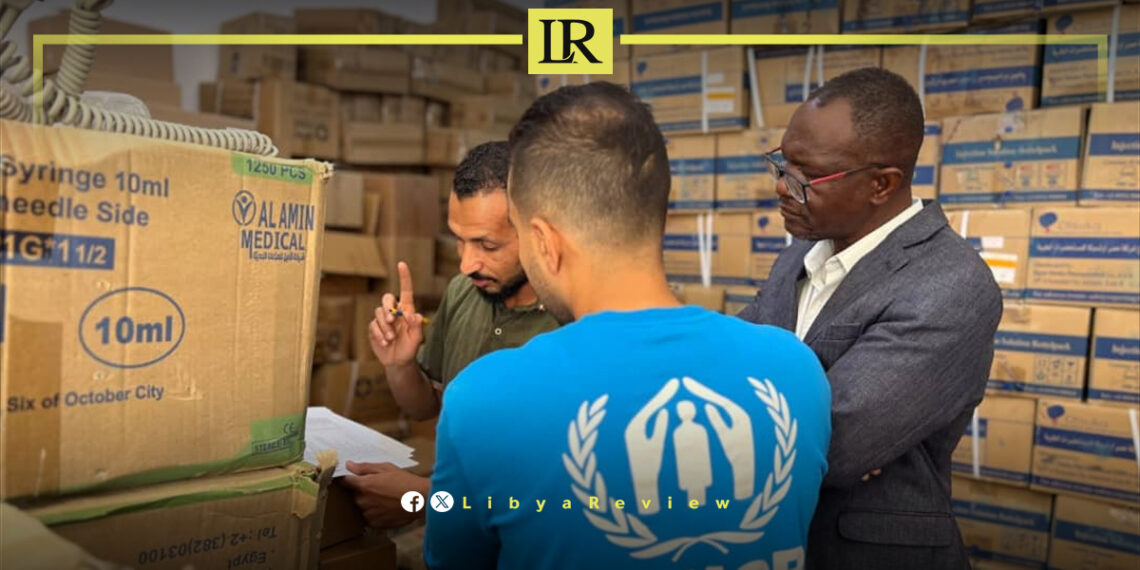The United Nations High Commissioner for Refugees (UNHCR) has delivered essential medical equipment to seven healthcare facilities in Kufra and Benghazi.
In collaboration with Libya’s Ministry of Health, this initiative aims to enhance healthcare services for both residents and Sudanese refugees who have sought safety in Libya amidst the ongoing crisis in Sudan.
The support underscores UNHCR’s commitment to strengthening Libya’s healthcare infrastructure and addressing the growing needs of vulnerable populations, including refugees and displaced individuals.
The delivered equipment is expected to significantly improve the capacity of these healthcare facilities to provide medical care, ensuring better health outcomes for thousands of beneficiaries in the region.
A Lifeline for Vulnerable Communities
The collaboration between UNHCR and the Libyan Ministry of Health reflects ongoing efforts to bridge the gap in healthcare access for underserved communities, especially in areas hosting large numbers of refugees.
This move comes as Libya continues to host over 210,000 Sudanese refugees, placing immense pressure on local resources. Enhanced medical support is vital to alleviating some of the challenges faced by these communities.
Libya has been in chaos since a NATO-backed uprising toppled longtime leader Muammar Gaddafi in 2011. The county has for years been split between rival administrations.
Libya’s economy, heavily reliant on oil, has suffered due to the ongoing conflict. The instability has led to fluctuations in oil production and prices, impacting the global oil market and Libya’s economy.
The conflict has led to a significant humanitarian crisis in Libya, with thousands of people killed, and many more displaced. Migrants and refugees using Libya as a transit point to Europe have also faced dire conditions.
The planned elections for December 2021 were delayed due to disagreements over election laws and the eligibility of certain candidates. This delay has raised concerns about the feasibility of a peaceful political transition.
Despite the ceasefire, security remains a significant concern with sporadic fighting and the presence of mercenaries and foreign fighters. The unification of the military and the removal of foreign forces are crucial challenges.


